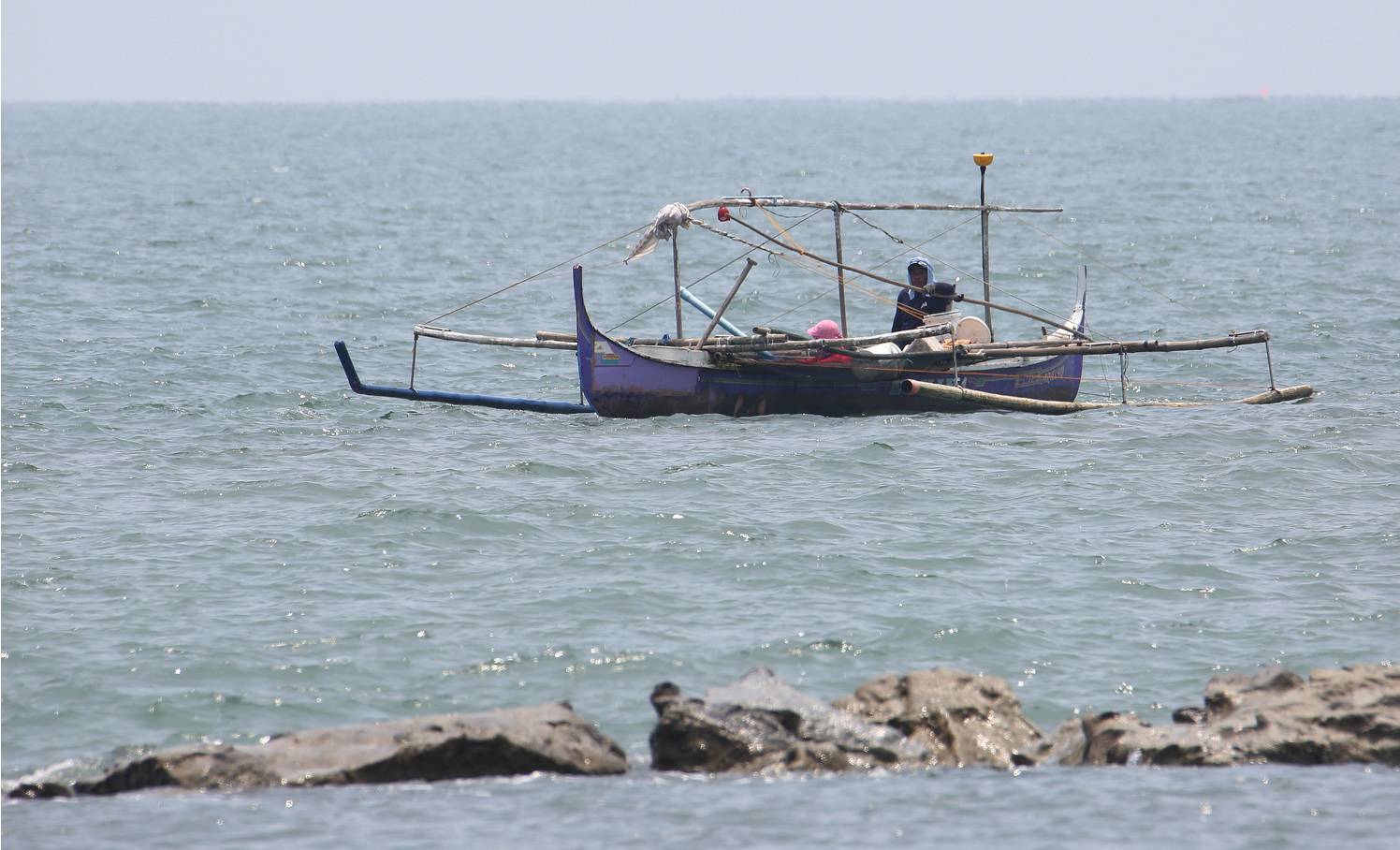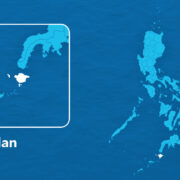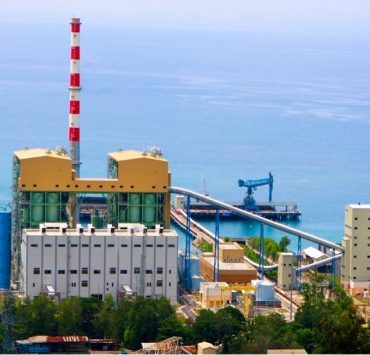PH to import 25,000 MT of fish to ensure supply

The Department of Agriculture (DA) authorized the importation of 25,000 metric tons of frozen fish for wet markets ahead of the closed-season fishing ban to be imposed in the last quarter of this year.
“We usually import every year to ensure that supply is stable during [the] closed fishing season,” Bureau of Fisheries and Aquatic Resources (BFAR) spokesperson Nazario Briguera said in a message on Thursday.Agriculture Secretary Francisco Tiu Laurel Jr. signed Memorandum Order No. 17 governing the importation of 25,000 MT of frozen small pelagic fish for wet markets between Oct. 1 and Dec. 31 this year.
Under the memorandum, 80 percent of the maximum importable volume totaling 20,000 MT will be awarded to commercial importers while the remaining 20 percent or 5,000 MT will be granted to fishing associations and cooperatives.The order outlines the guidelines for applications for import permits during the fishing season implemented annually—from Nov. 15 to Feb. 15 of the following year in the Visayan Sea and Zamboanga Peninsula and from Nov. 1 to Jan. 1 in northeast Palawan.
Under the memo, all fish imports should arrive no later than Jan. 15, 2025.
“The BFAR shall encourage the importers to immediately trade the imported fish to ensure that it will not overlap with the local catch by the end of the closed fishing season,” the directive said.Neda clarificationThe DA will issue the sanitary and phytosanitary import clearances (SPSICs) to eligible importers between Sept. 1 and Nov. 30 this year.At the same time, the National Economic and Development Authority (Neda) on Thursday justified the removal of nontariff trade barriers that slow the arrival of imported agricultural products.
In a 14-page statement, Neda Secretary Arsenio Balisacan said that streamlining administrative processes and removing nontariff barriers, like SPSICs, would hasten the arrival of imports.
The measures were embodied in Administrative Order (AO) No. 20, which seeks to enhance the country’s agricultural importation policy.
”We recognize that SPSICs and other import permits address important policy objectives such as ensuring food safety for consumers and preventing the spread of animal and plant diseases,” Balisacan said.
“However, our recent experiences show that the inadequacy and untimely arrival of imported supplies, when clearances and permits are used as administrative, nontariff barriers to importation, lead to price instability and faster inflation,” he added.
In the same statement, Balisacan said Neda was not biased toward importation, arguing that the government “bears the responsibility of utilizing various instruments in its arsenal of policy tools to stabilize prices while performing a delicate balancing act.”
But a fishers’ group argued that DA Order 17 and AO 20 would only worsen the plight of local fishermen.
“The entry of imported fish will deal heavy damage to local production because it will pull down the farm gate price of the products of small-time fishermen,” the Pambansang Lakas ng Kilusang Mamamalakaya ng Pilipinas said. —WITH A REPORT FROM JACOB LAZARo INQ

















